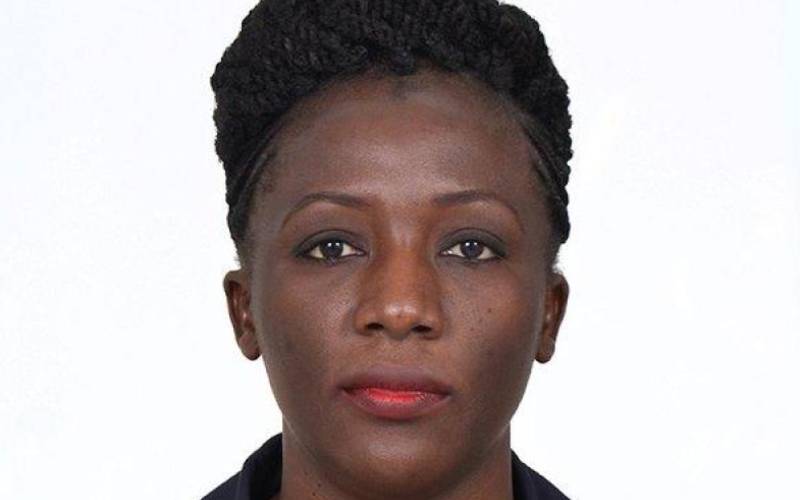×
The Standard e-Paper
Fearless, Trusted News

Evelyne Opondo. [File, Standard]
On August 27, the country marked 11 years since the promulgation of the Constitution of Kenya 2010, a supreme order that ushered the promise of reproductive rights autonomy, including abortion care. Unfortunately, women and girls of reproductive age continue to grapple with challenges when accessing essential health services. They face harassment, arbitrary arrests, prosecution and even encounter healthcare providers reluctant to offer services.







